Taking back (birth) control

We live in a society where taking contraceptives has become the norm for young women, even what is expected. Many have felt out of the loop. Is this the bodily autonomy feminist pioneers fought for?
Revolution
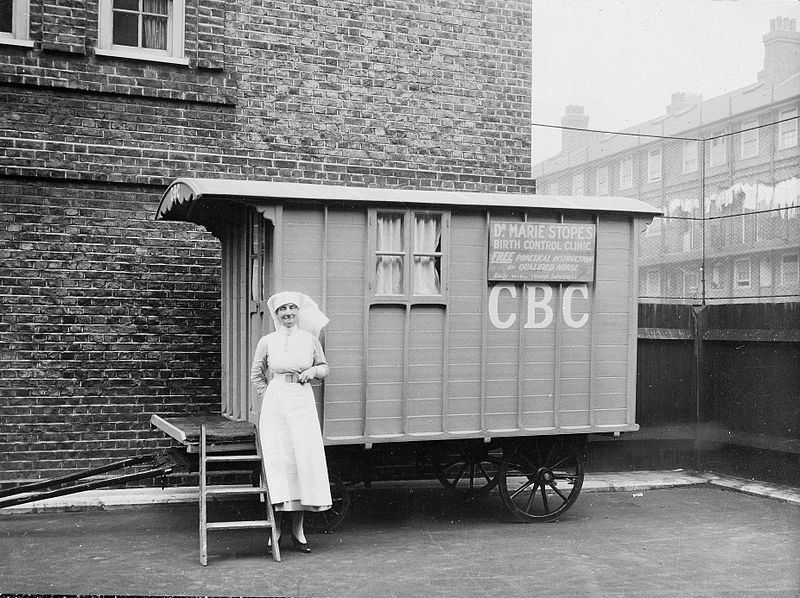
In the 20th century a cultural shift swelled. Sexual taboos were being broken down and sex was increasingly divorced from marriage and procreation. Feminist campaigners in the UK fought for the right to bodily autonomy. Perceptions of contraception were changing as a more secular society emerged. The control in “birth control” drove the movement and by the 1960s the first oral contraceptives were available in the UK.
Campaigners called for the legalisation of abortion and large scale education campaigns about contraception by governments. The recent, historic repeal of Ireland’s 8th amendment shows the fight is ongoing.
Professor Anne MacGregor, a specialist in Sexual and Reproductive Healthcare at Barts Sexual Health Centre in London, told
the Debrief: “[The pill] was designed in the 1960s, it freed women up – it was an amazing revolution – I don’t think the younger generation are aware of the freedom that it suddenly gave women. They
suddenly – for the first time – had a method of controlling their own fertility."
“I think the pill became the default because it was the first,” she added.
According to
FPA, a sexual health charity, between 1962 and 1969, the number of women using the pill rose from an estimated 50,000 to around one million and in 2000 was about 3.75 million.
The history of contraceptives is long and winding, but since then more and more alternatives have been released by pharmaceutical companies endlessly revising and releasing alternatives. We’re now lucky to have access to a variety of options, from the pill to the implant to the coil and contraceptives have become a fact of life.
According to Statista, 70% of 16-17 year olds were using ‘user-dependent’ contraceptives in 2016-17. This includes oral contraceptives and condom use.
The NHS Digital 2017 report showed that there were 1.89 million contacts with sexual and reproductive health services made by 1.19 million individuals in England between 2016 and 2017. 44% of the women who contacted the services for contraception took oral contraception.
Amelia Hill reported for the guardian in 2016 that according to the Office for National Statistics, teenage pregnancies have halved over the past twenty years. Could the way this changed the prescription of contraceptives have affected a generation of women?
Alison Hadley, director of the Teenage Pregnancy Knowledge Exchange at the University of Bedfordshire, told the Guardian: “[The reduction of teen pregnancy is] the result of an unusually long-term and ambitious strategy launched by the Labour government in 1999. The drive to reduce teenage pregnancy was given 10 years to achieve a 50% fall in under-18 conception rates. Unusually for government schemes, efforts really were sustained for the full 10 years and ambitions weren’t lowered…”
From 1999 to the present day, teenage pregnancies have dropped and female sexuality increasingly accepted and celebrated. There is therefore a greater need to educate young people and make contraception available. But it is possible these circumstances have changed our relationship to contraceptives. In our evolving, more liberal society, do we (ironically) still feel in control? This drive to reduce teenage pregnancy may be one of a myriad of intersectional, inextricable reasons many women feel disaffected.
Doubt
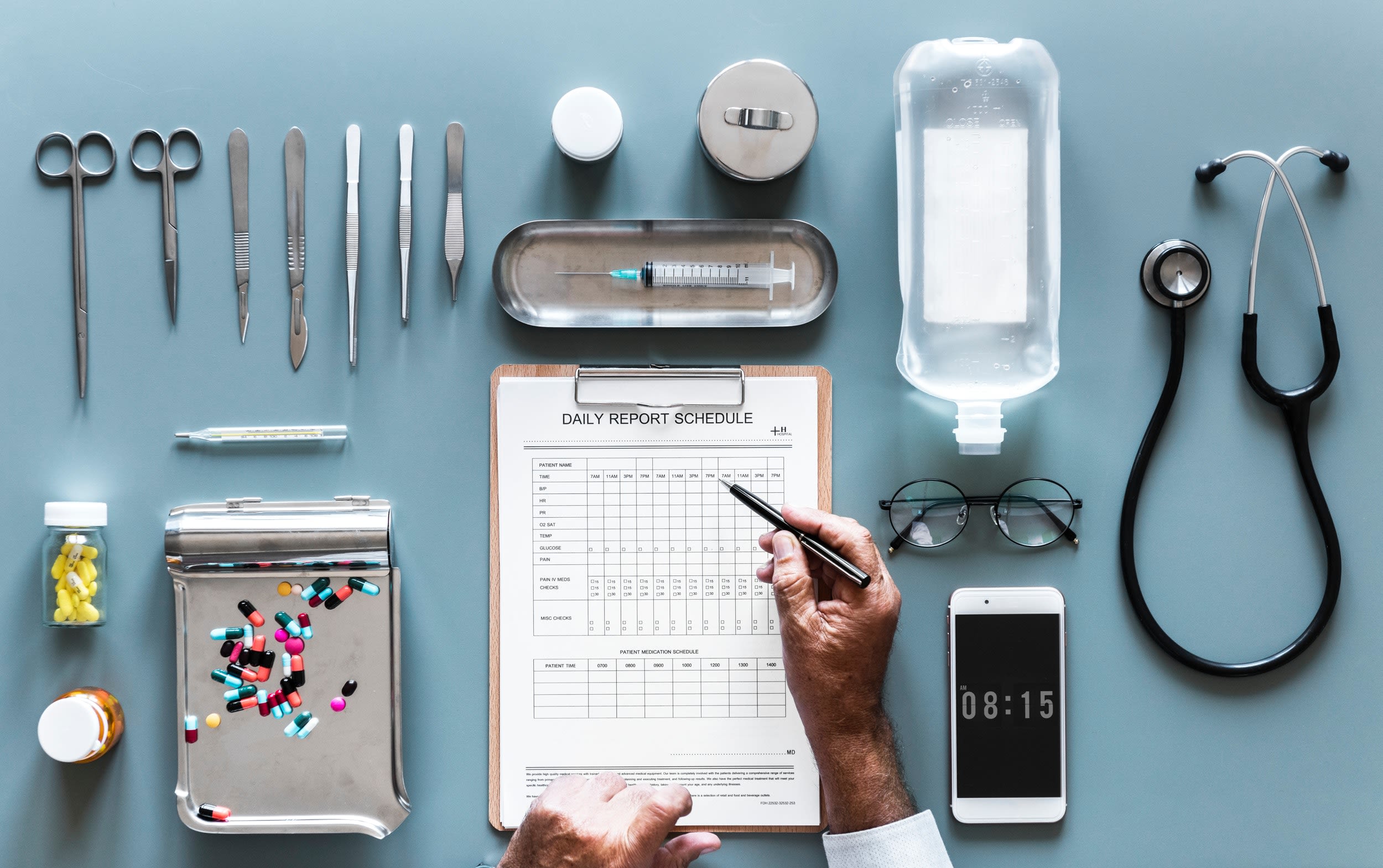
Pregnancy
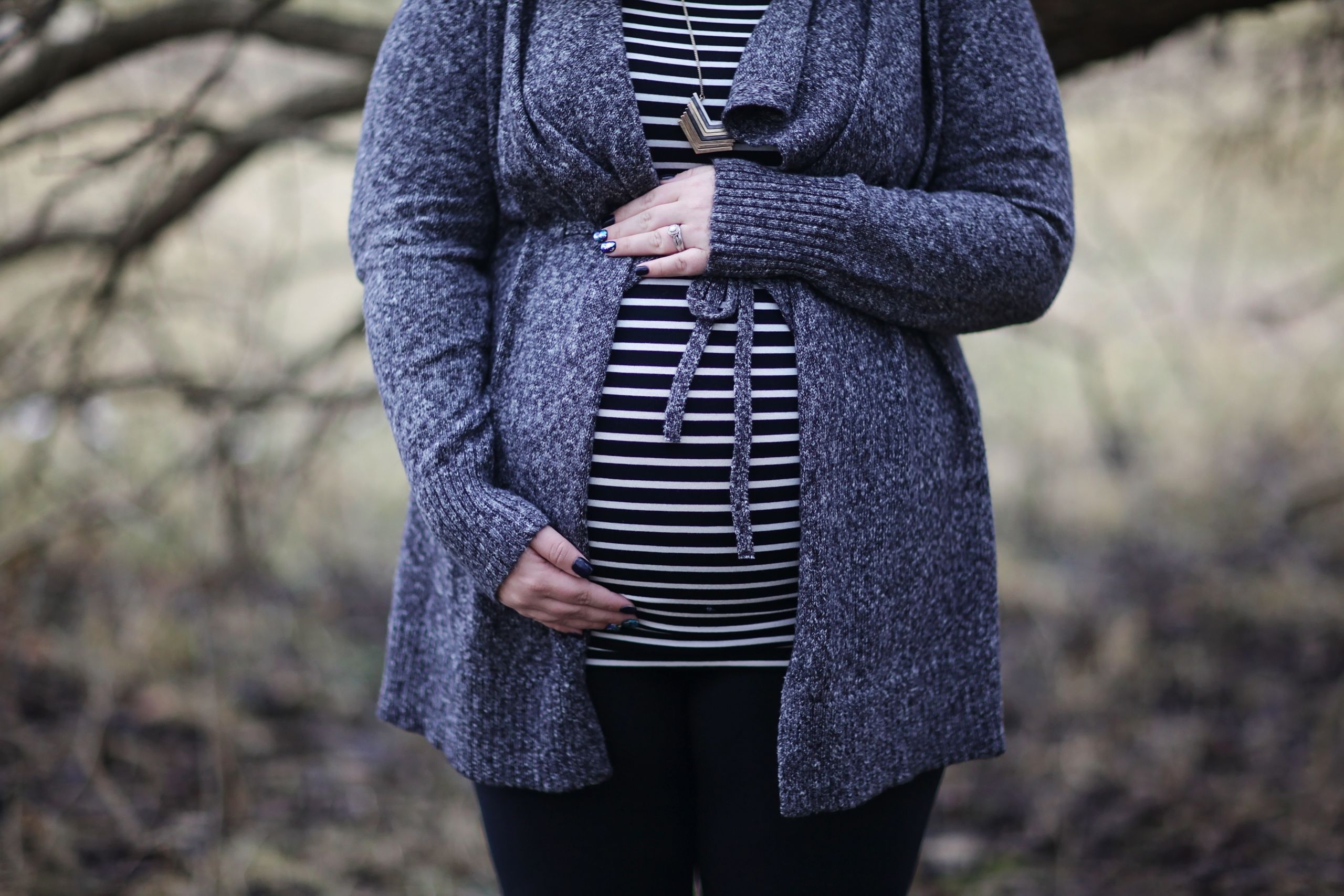
Louise Carnes is a HIV nurse, based in Manchester, who has been a sexual health and family planning nurse for the last decade. She is passionate about ensuring women are well informed and emphasises those who prescribe it are working with an imperfect product.
She said: “It is a fine balance between trying to manage side effects and the need to avoid pregnancy and I think people who work within the field of young people can be quite forceful in trying to keep youngsters on contraception - which I don't always agree with but understand the reasons why.”
“I don't think the issue is that women are not offered a full range of contraception just that contraception is not perfect,” she continued.
Different nurses have different preferences too, she says. “My belief is the majority of nurses who work in family planning want to support patient choice and this means offering the full contraceptive menu. I have come across clinicians who absolutely love a certain method of contraception and they seem to disproportionately push that method and conversely some who hate a method and steer all patients away from it.”
Of course local authorities should strive to offer the full range of contraception and like Louise, nurses aim to do the best by patients. But a complicated, unresolvable tangle of factors has left many women feeling lost and like they weren’t in the driving seat of their own contraceptive journey.
Take the drive to reduce teenage pregnancies, your usual hefty dollop of teenage angst and puberty, a culture increasingly liberal about sex and you have a group of twenty somethings questioning their time on birth control.
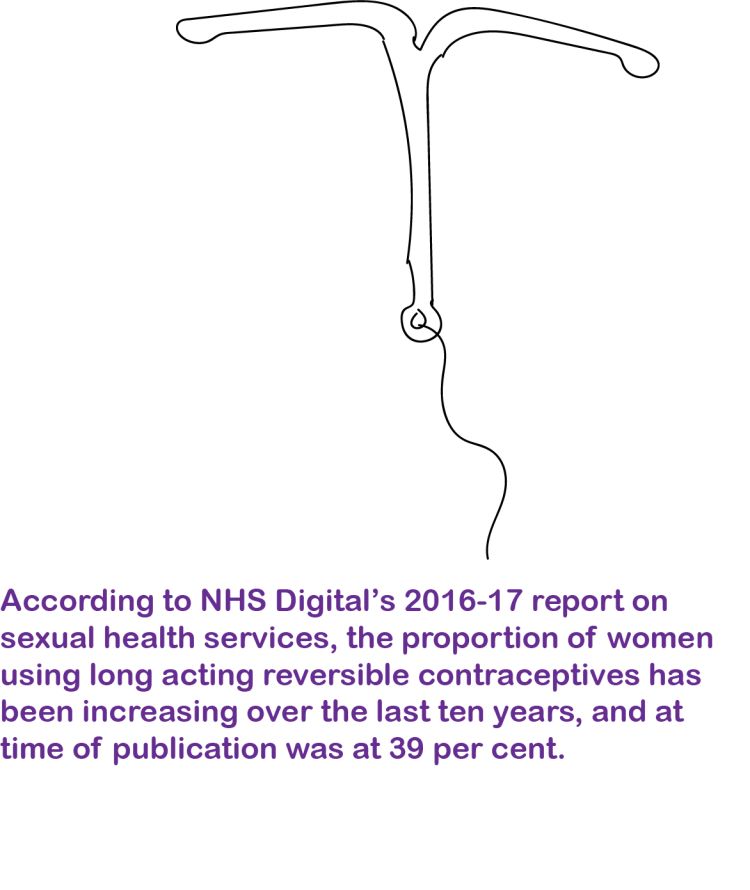
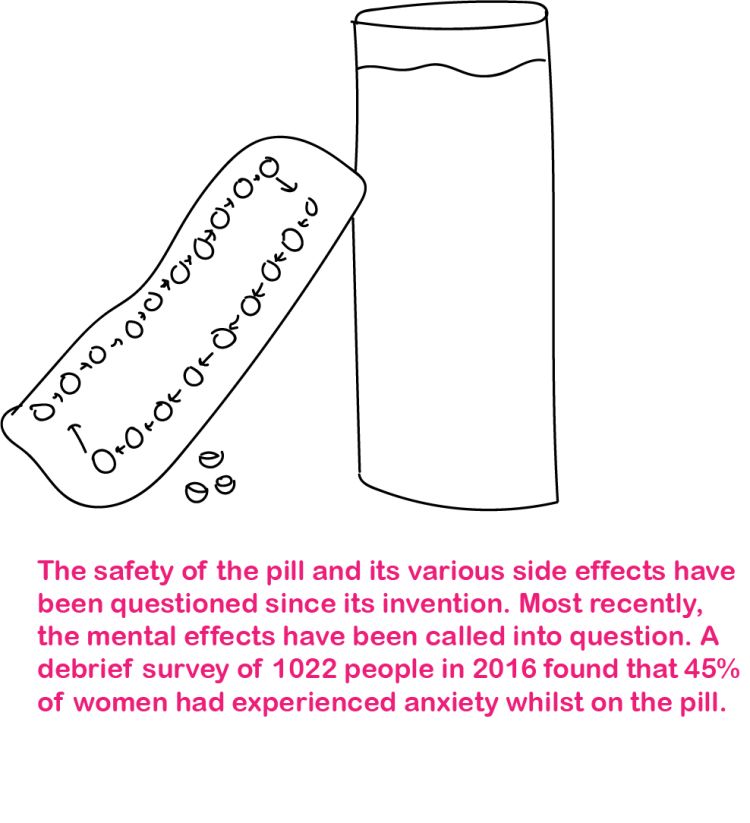

Experience

“I've felt like a strange medical curiosity that nobody knows how to fix” - Anon, 25, an actress from London
Dissent can be painted as anti-feminist and the conversation is politically fraught. While specific aspects of the hormonal contraception, for example the mental effects, are being discussed, our wider societal relationship to them aren’t.
Where once using contraception was taboo, the balance has shifted. When a friend says she isn’t on anything, she’s often met with gasps. But many are now taking a “break” from contraceptives to see what they are like without them, since they’ve been on them from such a young age. Others have felt pressured by doctors and nurses to remain on something.
One woman I spoke to, who wishes to remain anonymous, has felt trapped in a cycle ever since she started taking the pill to help with heavy periods. Though self-educated she remains uncertain. A 25 year old actress in London, she was told: “There was no realistic way of handling them [periods] without being on constant contraception, so I did as I was told.”
She describes feeling like she had to “shut up or put up.”
“I go round in ridiculous circles,” she said. “I've felt like a strange medical curiosity that nobody knows how to fix. It has never been my choice, but rather the choice of various different doctors who know more about being female than I do.”
Maia Béar, a student from London, has been negatively affected by changes to her contraception. She said: “There are many different brands that make the same combined contraceptive pill, and my doctor and pharmacy have changed the brands they've given me several times without telling me either that they've done this or that the different brands are the same, which caused me some serious panic. I do wish now that I had known more at the beginning, even if I'd made the same choice.”
Cassandra Fairhead, a medical student from London, said: “On the three occasions I've mentioned wanting to stop using hormonal methods or the copper IUD I've been met with what felt like disapproval, and warned that it ‘would not be effective’.”
“I do feel like I've been encouraged to switch from one form of hormonal, long term contraceptive to the next without a chance to think or give my body a break,” she continued.
Maybe it is facetious to compare today’s situation with the feminist movement which helped bring about the contraceptives we take for granted today. We are very lucky and privileged to have them and groups such as the International Planned Parenthood Federation continue to champion women's rights. But it shouldn’t be the case that we can’t question our present situation in the UK from our own historical vantage point without worrying we are anti-feminist. Being able to dissent is, in a way, the very foundation of liberalism. It is impossible to say whether the push to end teenage pregnancy, a changed society, big pharmacology or a million other things are responsible for the confusion some women are beginning to feel. But it is a conversation worth having.
For more, the podcast accompaniment to this piece tells the stories of some of those unheard here, read by me. It includes, very briefly, my own.

